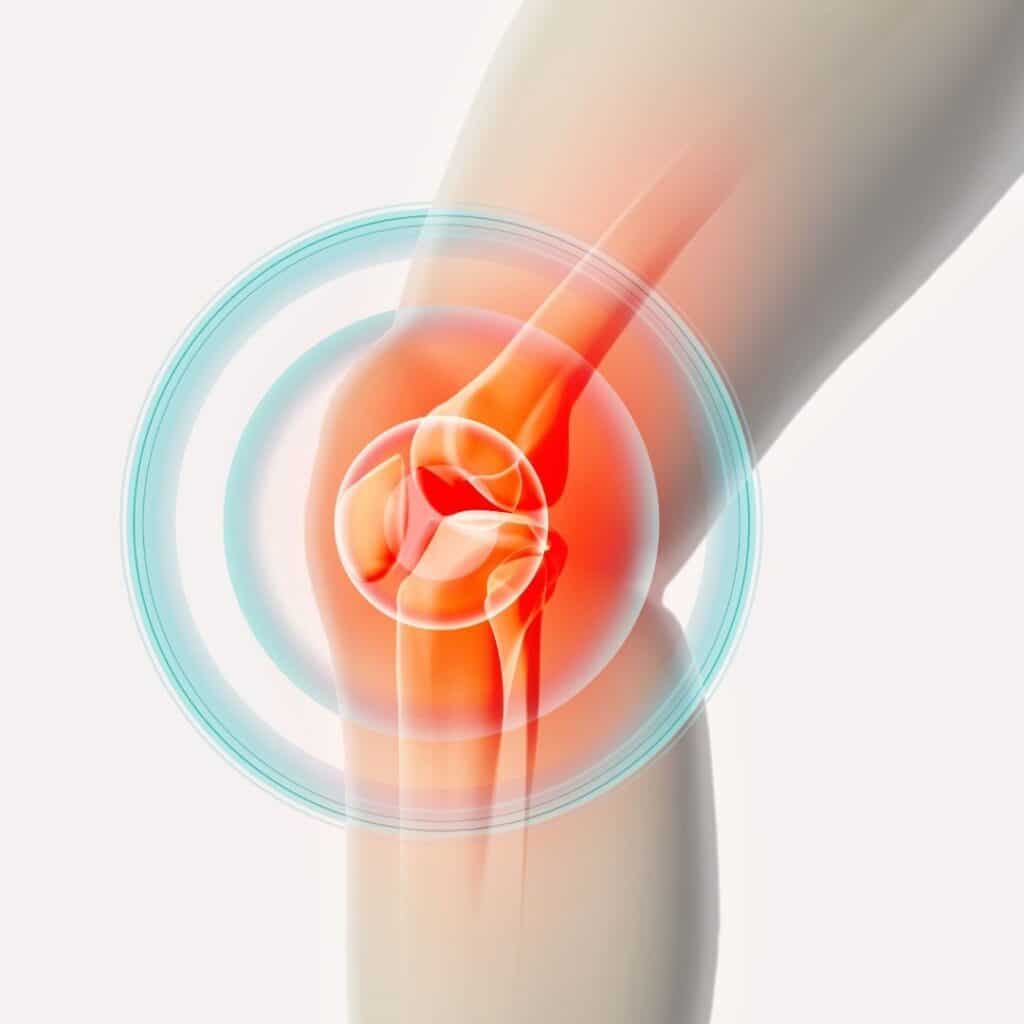Knee Pain
Home » Chronic Illness » Knee Pain
There are a multitude of therapies available to treat knee pain. Some could be viewed as ‘main-stream’ whilst others could be considered to be ‘alternative therapies’ Some seem credible; others, not so credible. Largely however, the results can be unpredictable. One therapeutic approach to knee pain might work for some, but not others. Whereas a different therapy might or might not work for someone else – Different strokes for different folks!
By far, the most successful treatment to date however, is knee replacement surgery. Expensive, often debilitating for months after the surgery itself, but it seems to have a pretty good track record. Actually getting into a hospital for elective knee surgery can be a whole lot more challenging than you might think!
The causes of knee pain can be as diverse as the range of treatments. Often it’s the result of an obvious physical injury; a car accident, a fall, or something quite dramatic – but very obvious. Chronic knee pain can also be the result of something ‘not so obvious’… like twisting the wrong way and straining the knee. Arthritis in the knee joints are also a common cause of knee pain.

Whatever way you look at it, chronic knee pain is caused by something… sometimes obvious, at other times not-so-obvious… but what if it had its origins in something that was not only anything but obvious, but something completely and utterly obscure; Something as seemingly unlikely as memories from a past stressful event?
On the surface, this sounds like a preposterous proposition! However, if we consider the hypothesis for this study: Stress causes illness… Different forms of stress manifest as different types of illness – Chronic knee pain is an ‘illness’ therefore it must be caused by stress! If the hypothesis is true, then in order to resolve chronic knee pain, all that would be required is to identify the stressful memory causing the pain, and deal with the thoughts and emotions resulting from that memory.
True or false? Fact or fiction? If you are interested in finding out, simply participate in our Spontaneous Remission research project. Below is a link to a video about a lady who experienced a Spontaneous Remission from CRPS. What is not mentioned in the video, is that she also had chronic pain in her right knee. The pain was attributed to a physical injury that occurred at the same time as she broke her wrist and arm. She was scheduled for knee surgery at a local hospital. As a result of her ‘Spontaneous Remission’ session for CRPS, she also experienced a spontaneous remission from her knee pain. The end result was she no longer needed surgery on her knee! I hope you find her story inspirational.



